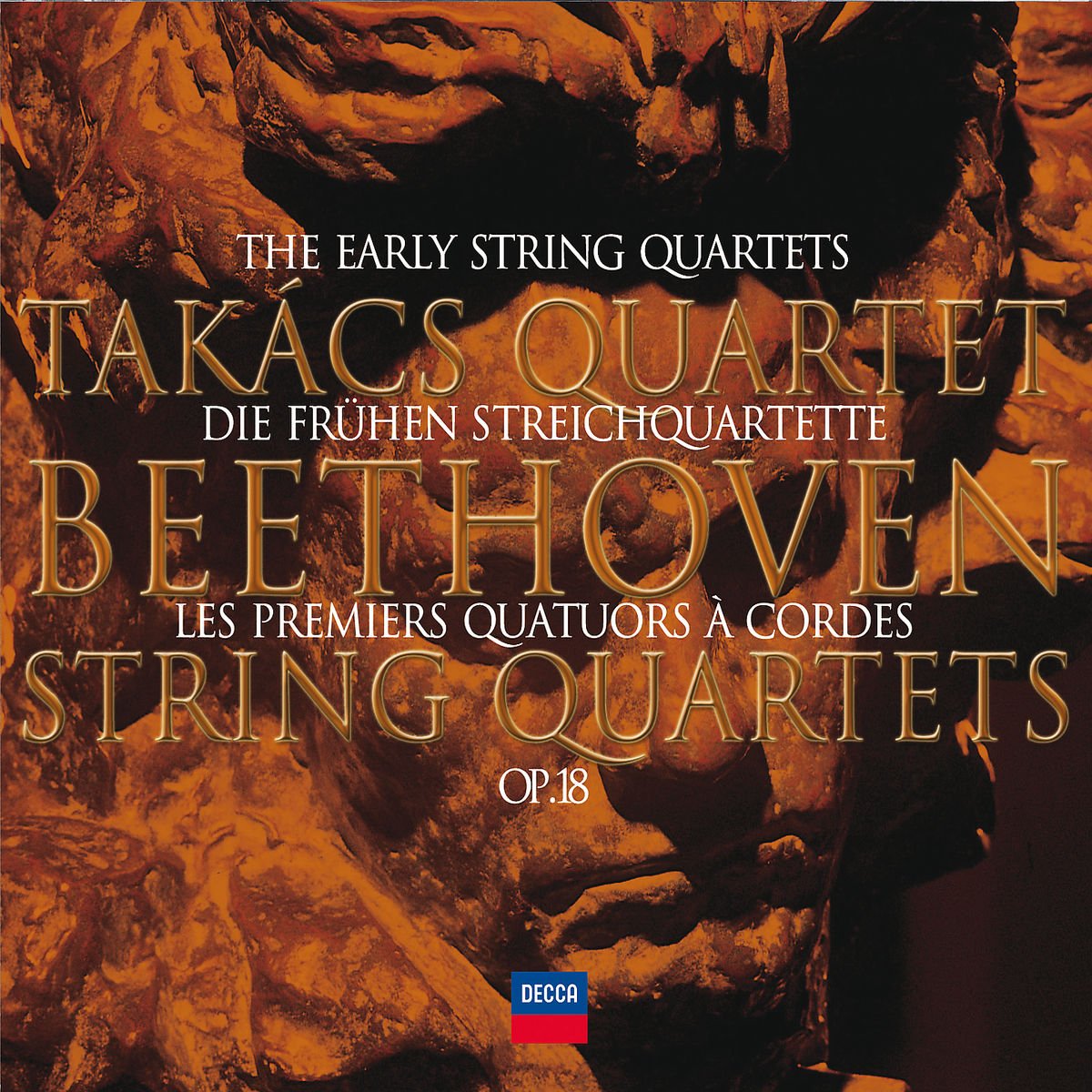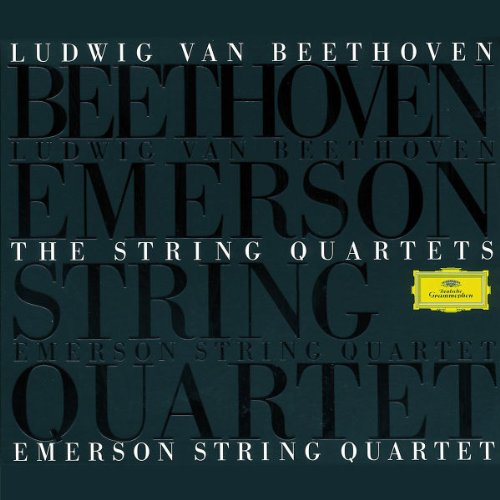- KeyF major
- FormChamber Music
- Additional catalogue B. 225
- DedicationPrince Joseph Franz von Lobkowitz
- Published1801
- NotesHess 32 is an early version
According to Beethoven's friend Karl Amenda, the second movement was inspired by the tomb scene from William Shakespeare's Romeo and Juliet. The quartet was heavily revised between the version that Amenda first received and the one that was sent to the publisher a year later, including changing the second movement's marking from Adagio molto to the more specific Adagio affettuoso ed appassionato. Of these modifications, Beethoven wrote: "Be sure not to hand on to anybody your quartet, in which I have made some drastic alterations. For only now have I learnt to write quartets; and this you will notice, I fancy, when you receive them."
The theme of the finale is almost directly borrowed from the finale of his earlier string trio, Op. 9, No. 3 in C minor; the themes are very closely related. The principal theme of the first movement echoes that of Haydn's Opus 50, No. 1 quartet.
The "Amenda" manuscript, as it is sometimes known, was edited by Paul Mies and published by Bärenreiter around 1965, and by Henle-Verlag of Munich (perhaps also edited by Mies) in 1962. This early version of one of Beethoven's best-known works has been recorded perhaps less than a half-dozen times as of July 2014. (Wikipedia)
Instrumentation
Strings
- Violin I
- Violin II
- Viola
- Cello

